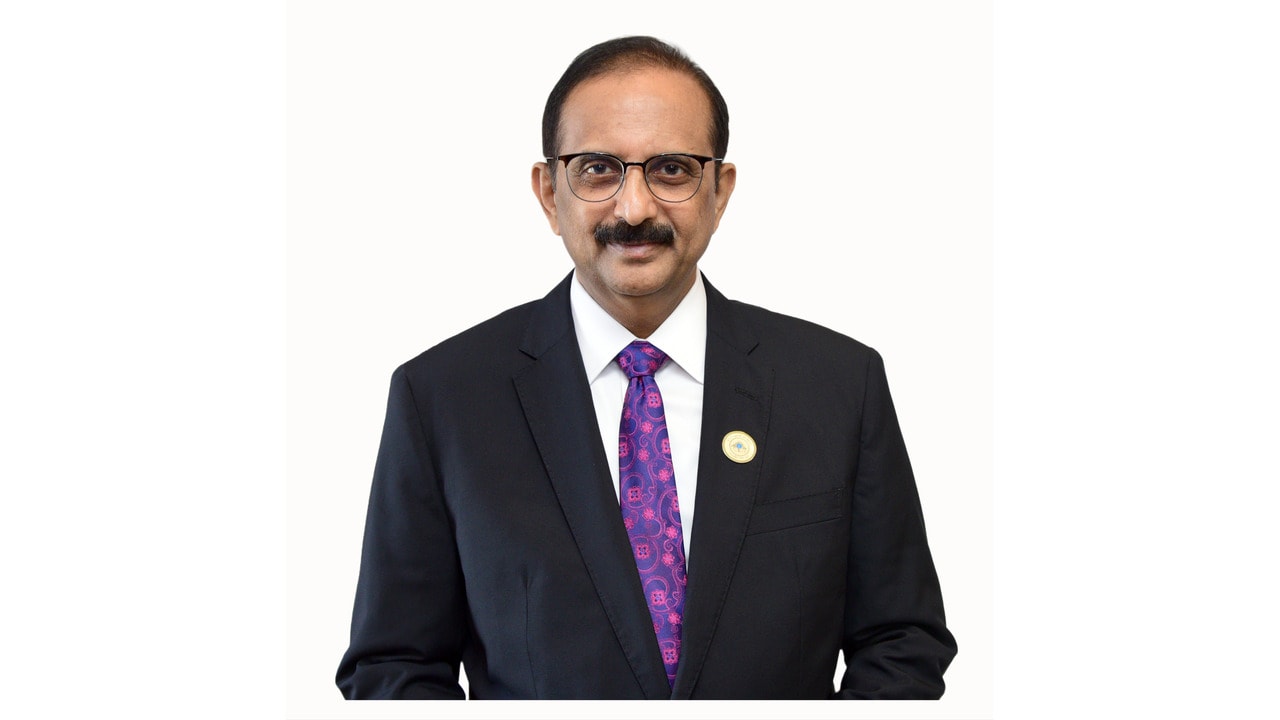
| Company | Value | Change | %Change |
|---|
Speaking on Wednesday, he noted the challenges posed by asset-liability mismatches for banks and stressed the need for diversified funding sources.
“Despite whatever challenges are there on liability management, the banking sector is currently experiencing one of the most benevolent asset quality cycles. Bank balance sheets are strong, cleaner, and equipped to fuel the economy’s growth prospects,” he said.
The Chairman highlighted the pressing issue of the shallow corporate bond market. SBI, the largest issuer of corporate bonds in the country, has issued ₹50,000 crore in bonds this year alone. However, broader participation remains limited.
“We’ve been debating the depth of the bond market, and it has never achieved the scale it requires. While corporates are keen to issue bonds, active participation from institutional players like pension funds, insurance funds, and mutual funds is lacking. Even when it occurs, it’s predominantly in near-sovereign risk or AAA-rated bonds, which doesn’t help deepen the market,” he added.
Banks alone cannot bridge this gap. “There’s only so much commercial banks can do due to asset-liability mismatches and limitations in funding long-term projects. That’s where a robust bond market must come in, particularly for infrastructure financing and corporate balance sheet funding,” the Chairman remarked.
While acknowledging the RBI’s supportive measures, such as allowing banks to categorise corporate bonds under the Held-To-Maturity (HTM) segment, he pointed out lingering challenges. “Even with HTM, we still have priority sector obligations, adding pressure. We are negotiating with the RBI on this,” he said.
The Chairman concluded by underscoring the need for collaborative efforts from all stakeholders to deepen the corporate bond market, which is essential for the sustainable growth of India’s economy.

